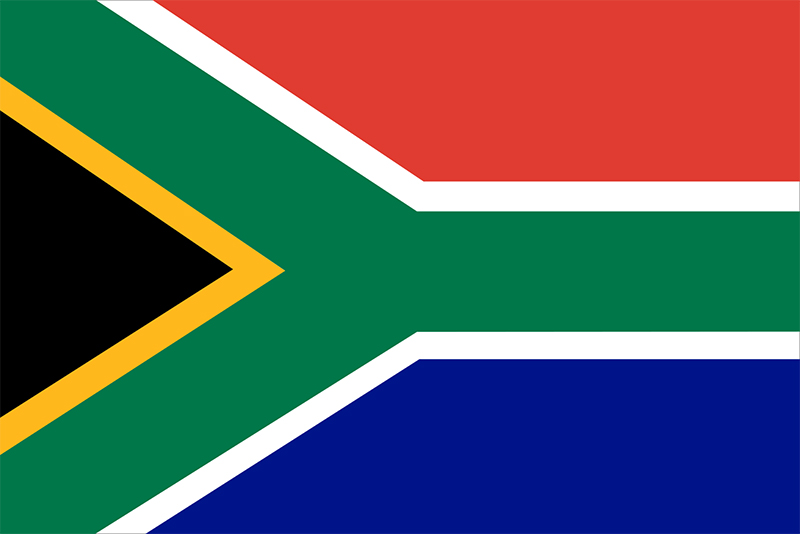 By Vincent Magwenya
By Vincent Magwenya
President Cyril Ramaphosa in his State of the Nation Address narrated a fictional story of a child of democracy called Tintswalo. He shared how Tintswalo’s life after 1994 was shaped in nearly every facet by the policies of the new democratic government.
Her formative years were spent in a house provided by the state where she received free basic water and electricity. Like many young people, her healthcare needs were met by the provision of free healthcare for children under the age of six.
Tintswalo received a support grant to meet her basic needs and through the National Student Financial Aid Scheme attended one of our Technical Vocational Education and Training (TVET) colleges that would empower her for the working world.
This metaphor of Tintswalo encapsulates the lived experiences and journey of many of our citizens. In one way or another, South Africans around the length and breadth of our country can identify with the story of Tintswalo.
The dawn of democracy brought with it fundamental changes to the everyday life of our citizens. The interventions by the democratic government brought hope of a better life and a second chance to millions of citizens discarded under apartheid merely because of the colour of their skin. The apartheid government through its divisive policies sought to undermine and relegate them to a life of poverty.
Had Tintswalo been born under apartheid, she would have grown up in a country plagued by state sanctioned discriminatory practices. Her life’s journey would have been shaped by a system that deliberately excluded black people from opportunities in the labour market as well as the direct ownership of businesses and land.
During apartheid residential rights of Africans in the economically developed areas of the country were limited. It created a system of migrant labour and impoverished rural areas – the so-called “homelands” – that were characterised by extraordinarily high levels of poverty and joblessness.
At the time the provision of basic services was also skewed. In rural areas in particular, black people were denied access to clean water, sanitation, electricity and safe transport. In urban areas, services for black people barely met basic needs and the supply of critical services was intermittent.
Apartheid planning would have consigned Tintswalo like the majority of South Africans to live far away from places of work, where services could not be sustained and where it was difficult to access the benefits of society or participate fully in the economy.
Towns and cities were highly fragmented, imposing high costs on households and the economy. Inefficiencies and inequities in South Africa’s settlement patterns are deeply entrenched as a result of apartheid.
Housing was also delivered through a fragmented system of 14 race- and ethnicity-based administrations. This created a highly distorted property market system, with a functioning housing market for a white minority, coupled with housing in public rental urban black ghettos.
The country’s health system was also highly fragmented and bureaucratic. There were 14 separate departments tasked with the delivery of health services and it was structured to serve a small portion of the population. The majority of South Africans had inadequate or no access to healthcare.
Our democratic journey sought to restore the dignity of millions of citizens in a society governed by a Constitution rooted in equality and the rule of law that affirmed the rights of every citizen.
As we reflect on the story of Tintswalo, we are reminded that within a short space of time we have made remarkable strides as a nation. While we are far from where we would like to be, the inroads we have made will help chart a better future for our nation.
Together we can build a brighter future as Tintswalo also symbolises our nation’s resilience and perseverance. This inspires our resolve to confront the complexities and create the country we envisioned at the start of our democracy.
Vincent Magwenya is the Presidential Spokesperson





